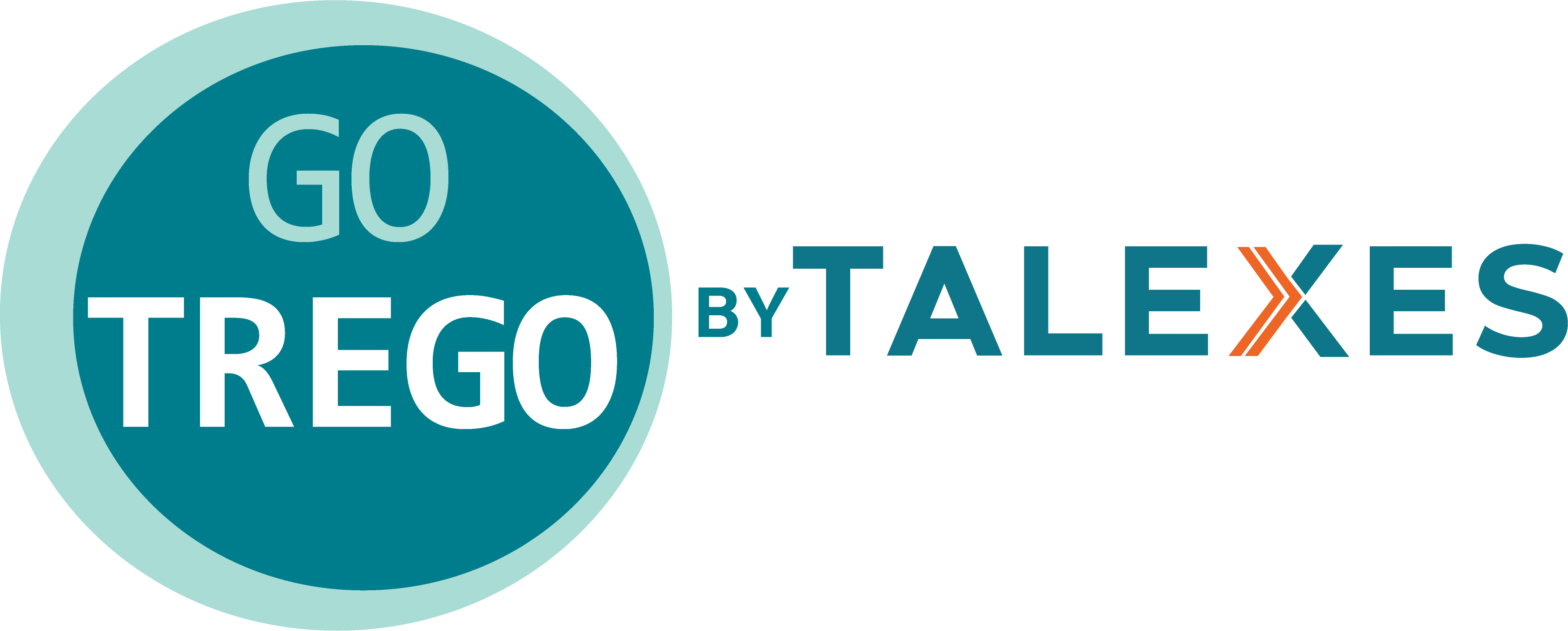In the fast-evolving auto industry, where precision, innovation, and customer service are top priorities, building the right workforce is more important than ever. As competition for skilled talent intensifies—from factory floors to dealership showrooms—automotive companies are turning to data and assessments to make more informed hiring decisions. However, the challenge lies in maintaining a personal, human-centered experience while leveraging these powerful tools.
A data-driven hiring strategy doesn’t mean sacrificing the heart of recruitment. When implemented thoughtfully, it can support better employee development, reduce bias, and help identify candidates who are both capable and culturally aligned. Here’s how businesses in the auto industry can create a smart, people-first hiring process that’s powered by data without losing the human connection.
- Start with Core Values and People Priorities
Every hiring strategy should reflect what the organization values most—whether it’s safety, innovation, teamwork, or service excellence. In the automotive world, this often means balancing technical know-how with soft skills like communication, adaptability, and dependability. Before introducing assessments or analytics, auto employers should clearly define what success looks like within their unique environment. This ensures that data supports, rather than overshadows, people-centric hiring.
- Use Assessments That Go Beyond the Resume
Technical tests and role-specific assessments help identify whether a candidate has the hands-on skills needed for a job in manufacturing, service, or sales. But to truly hire for long-term success, assessments should also evaluate personality traits, decision-making styles, and interpersonal skills. This broader lens gives auto industry recruiters a well-rounded view of how a candidate may perform—and grow—within the organization.
- Create a Consistent but Flexible Framework
Standardized evaluation criteria help reduce hiring bias and ensure fairness. Still, it’s important not to turn hiring into a checklist. In the auto industry, different roles—from engineers to finance managers—require different combinations of traits and competencies. A data-driven framework should allow for flexibility, leaving space for hiring teams to weigh personal qualities and potential just as seriously as scores or metrics.
- Let Data Guide, Not Dictate, Hiring Decisions
While assessments and analytics provide clarity, they shouldn’t be treated as the final word. Human judgment still plays a vital role in interpreting results. A candidate might score well on a cognitive test, but cultural alignment, motivation, and communication style are equally critical—especially in fast-paced dealership environments or collaborative engineering teams. The most effective hiring decisions combine data insights with empathetic evaluation.
- Keep the Candidate Experience Personal
Even with advanced automation and analytics, applicants should never feel like just another data point. From personalized interview questions to timely follow-ups, the hiring process should reinforce a sense of respect and value. Especially in the auto industry—where employer branding can influence both talent attraction and customer perception—a human touch goes a long way.
- Factor Culture and Values Into Hiring Metrics
Automotive businesses thrive on team cohesion and shared values. Whether it’s meeting tight production deadlines or delivering exceptional service on the showroom floor, team dynamics matter. Assessments that measure alignment with company culture (not conformity, but complementary traits) can help ensure hires strengthen rather than disrupt existing teams. These insights should always be balanced with real conversations and observations during interviews.
- Be Transparent About the Use of Data and Assessments
Today’s candidates expect clarity around how their information is being used. Auto employers should communicate what assessments will be used, why they matter, and how results will be factored into hiring decisions. Transparency not only builds trust—it reinforces that your company values fairness, integrity, and respect, which are especially important in roles that deal directly with customers or sensitive data.
- Incorporate Continuous Feedback into the Process
The best hiring processes evolve with time. Auto companies should regularly review hiring outcomes and gather feedback from both candidates and hiring managers. This helps fine-tune assessment tools, adjust benchmarks, and adapt to changes in workforce needs. Feedback loops also allow the process to stay human—responsive, reflective, and ready to improve.
- Equip Hiring Teams with Tools and Empathy
Even the best tools are only as effective as the people using them. Hiring teams in the auto industry should be trained to interpret assessment data while also engaging candidates with curiosity, empathy, and active listening. Combining technical knowledge with emotional intelligence leads to better hiring decisions and a more inclusive, people-focused environment.
Conclusion: Human-Centered Hiring with a High-Tech Edge
In the auto industry, where performance, safety, and customer satisfaction depend on the people behind the scenes, building the right team is everything. By blending the objectivity of assessments with the insight of human connection, companies can create a hiring process that’s both data-informed and deeply personal. This approach doesn’t just fill open positions—it sets the stage for meaningful employee development, long-term retention, and sustainable growth in a competitive market.
Smart hiring isn’t about replacing human intuition with numbers—it’s about using both to drive better outcomes.





